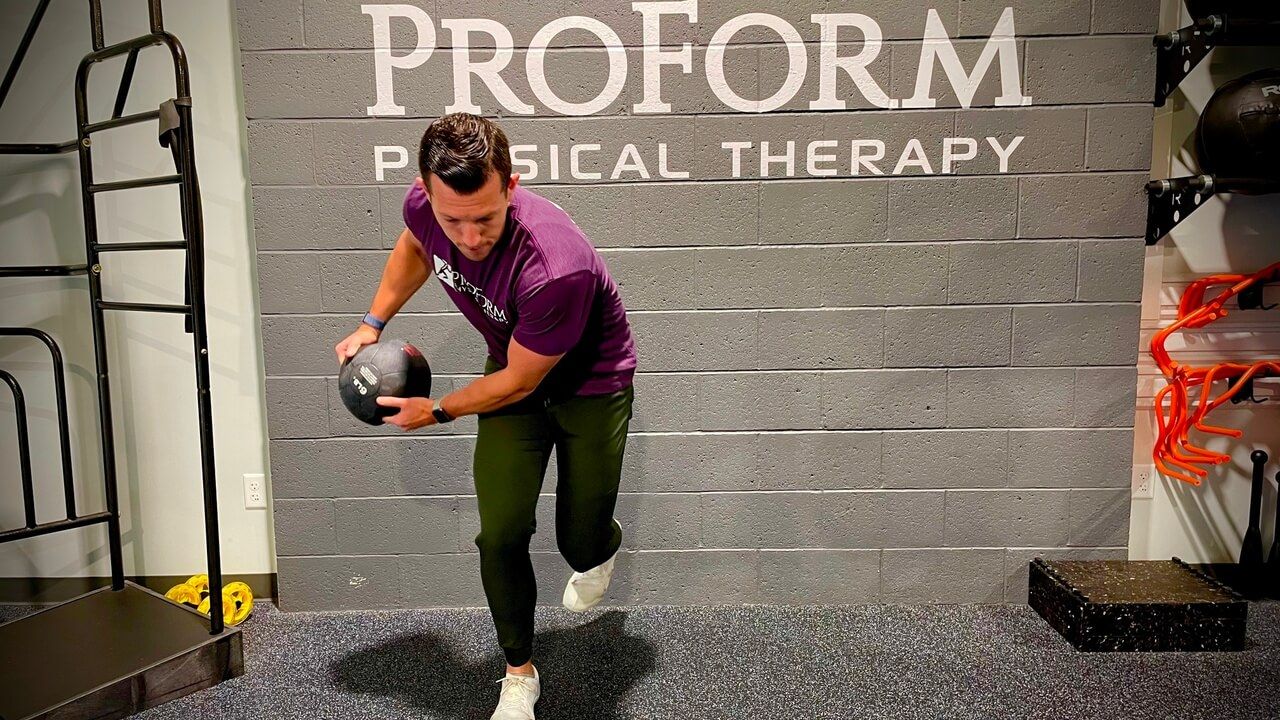Burnin’ and Earnin’?!?
Jun 25, 2021
By: Nick Sienkiewicz, DPT, CSCS
Don’t Let Calories Burned Dictate Your Training
Wearables, like apple watches and heart rate monitors, are all the rage these days. They can give you a ton of information, and can certainly be a great way to track exercise. However, we often hear about people getting caught up in the calories burned and equating the quality of a training session to amount of calories burned during the workout. This is a slippery slope, and one we encourage individuals to avoid. It is certainly true that these wearable devices have become more and more accurate in recent years with regard to objective data, such as heart rate, mileage, and calories burned. Despite this, most are still likely over-estimating the amount of calories burned during a workout.
Even though data from these wearables can help you keep track of your workouts and progress, the number of calories burned does not necessarily equate to the quality of your workout. Of course, knowing approximately how many calories you burned could be beneficial if you’re trying to stay in a calorie deficit for weight loss, but it should not dictate the value of your training session. In reality, there are numerous factors that play a role in how many calories an individual will burn during a bout of exercise. It will vary person to person, and will likely even vary day-to-day for that same individual.
For example, if you split up resistance training into upper and lower body days, you will inherently burn more calories on lower body days simply due to use of larger muscle groups and likely moving around more weight.
As noted in the image, the calories burned during one of my upper body days was more than 150 calories less than my lower body day despite being a longer session! Sure, I could have just crammed in a few extra sets of bench press to try to equate the calories burned, but that would just be silly. By letting calories burned command your workout, it’s a recipe for poor performance, and even worse, possible injury. It’s analogous to eating a copious amount of vegetables until you’re uncomfortably full because you’ve been told they’re good for you! It’s just not necessary!
Ultimately, the extent to which you use calories burned for decision making within the confines of a bout of exercise will depend on the individual and his or her goals. No one should be emptying the tank every single workout. Some will naturally burn more calories because of their body type and/or genetics. Others will burn more because of the type of activity they choose to do (cardio will typically burn more calories than resistance training because of its continuous nature). Rather than letting the amount of calories burn dictate your training, use the data as a self-awareness tool for enhancing your performance and recovery!
Stay Connected With News and Updates!
Join our mailing list to receive the latest news and updates from our team.
Don't worry, your information will not be shared.
We hate SPAM. We will never sell your information, for any reason.

